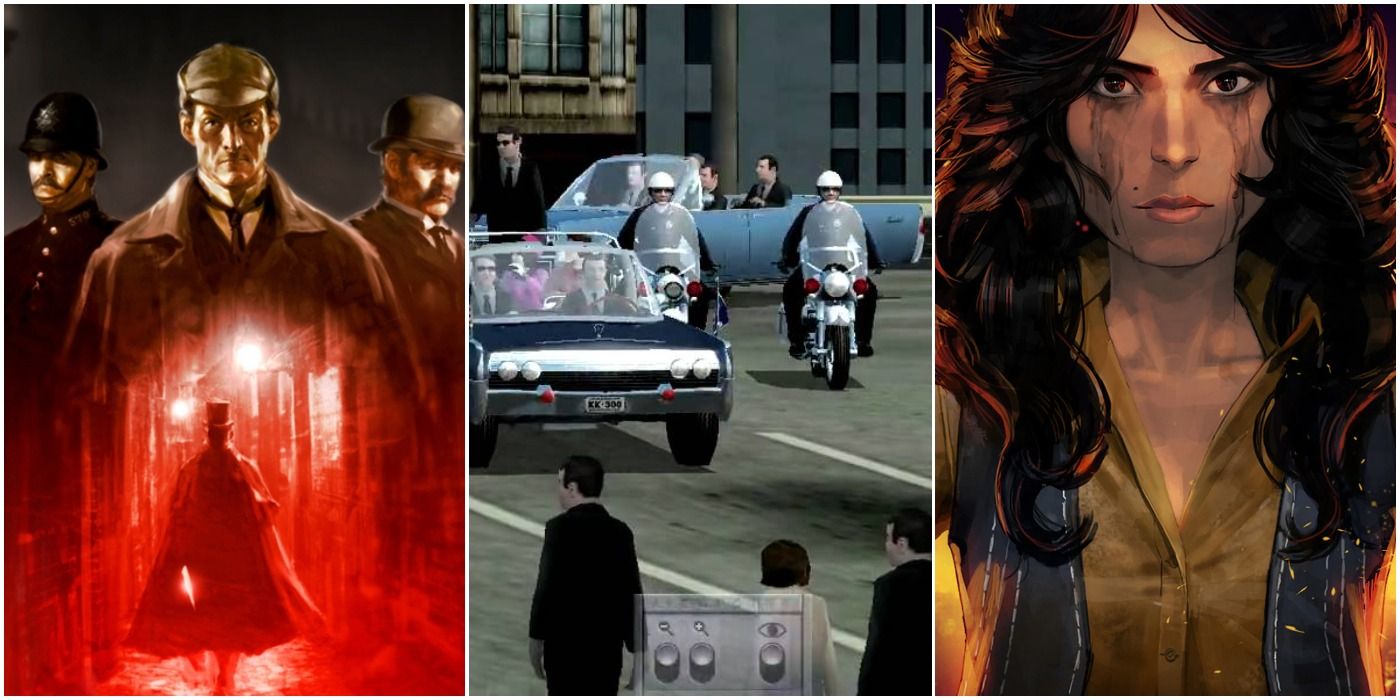
When it comes to creating compelling stories, there's usually nowhere better to look for inspiration than real life. Some of the most moving stories have been factually based, and while video games tend to put their own spin on historical events, they nonetheless take inspiration from things that have really happened.
RELATED: 10 Survival Games That Are Amazing (After A Rough Few Opening Hours)
No subject is immune to being given the video game treatment – sometimes the best way to make your audience connect with the narrative of a game is to make the subject something heartfelt and personal. Other times, though, video games take inspiration from history but don't focus too much on the nitty-gritty details.
10 1979 Revolution: Black Friday
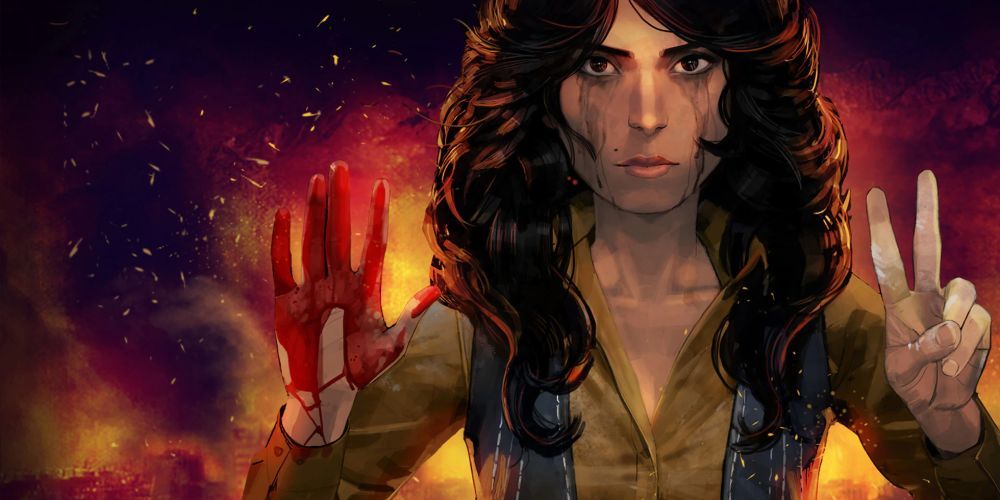
1979 Revolution: Black Friday is a game based on the 1979 Iranian revolution that has forever changed the country. The player takes control of a photojournalist when the revolution is beginning and can see with their own eyes (and choices) what happened in Iran more than 40 years ago.
The Iranian revolution is one of the most important historical events in the modern history of the Middle East, and thus the rest of the world. It was inspired chiefly by Navid Khonsari's experiences as a child in Iran during the revolution.
9 Assassin's Creed III
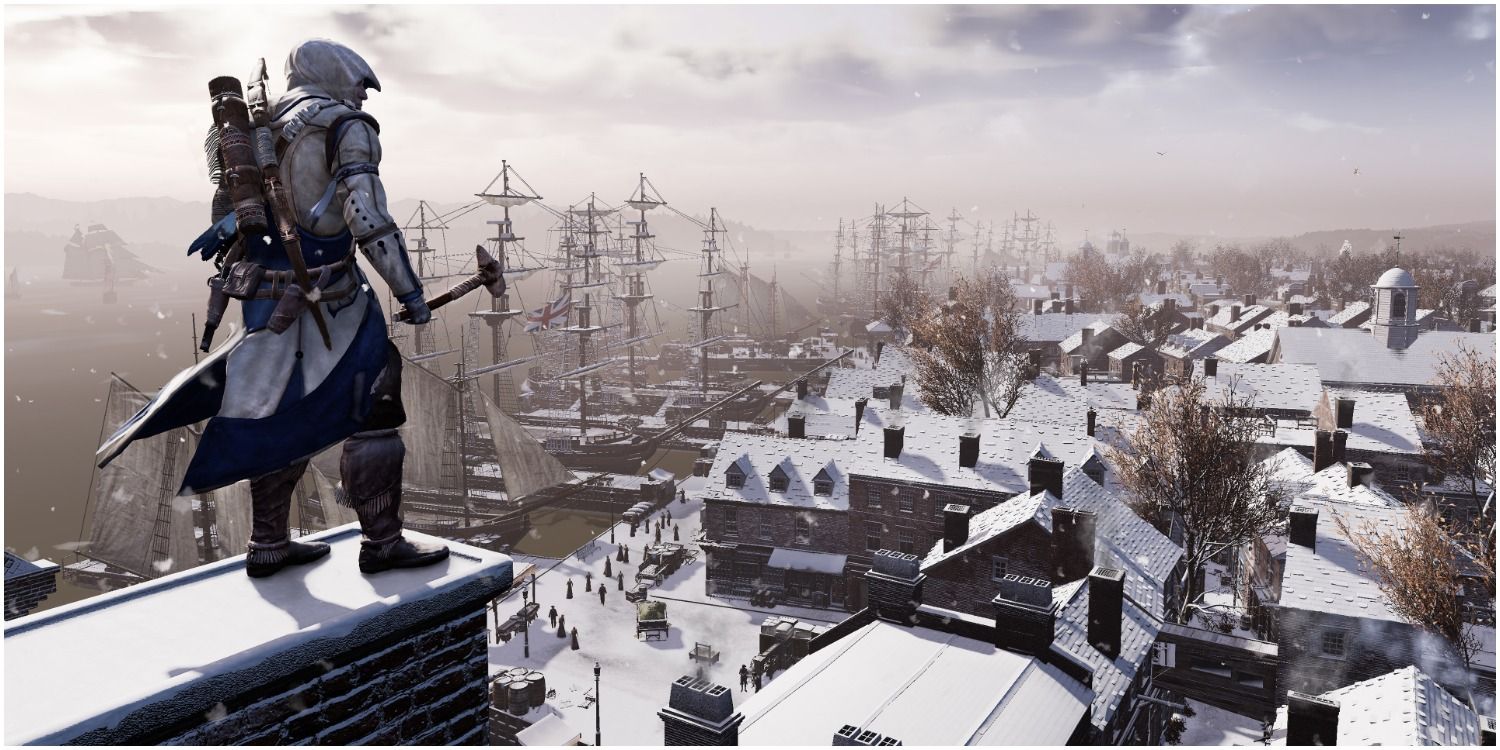
Assassin's Creed III is actually the fifth entry in the Assassin's Creed franchise, as a direct sequel to 2011's Assassin's Creed: Revelations and a prequel to 2013's Assassin's Creed IV. It takes place in the colonial United States, right at the turn of the American Revolution.
The game follows Desmond Miles and Connor as they take part in the Boston Tea Party, the signing of the Declaration of Independence, and other real-life historical events. Once you get past the historical fiction, though, the game gets stale quickly.
8 L.A. Noire
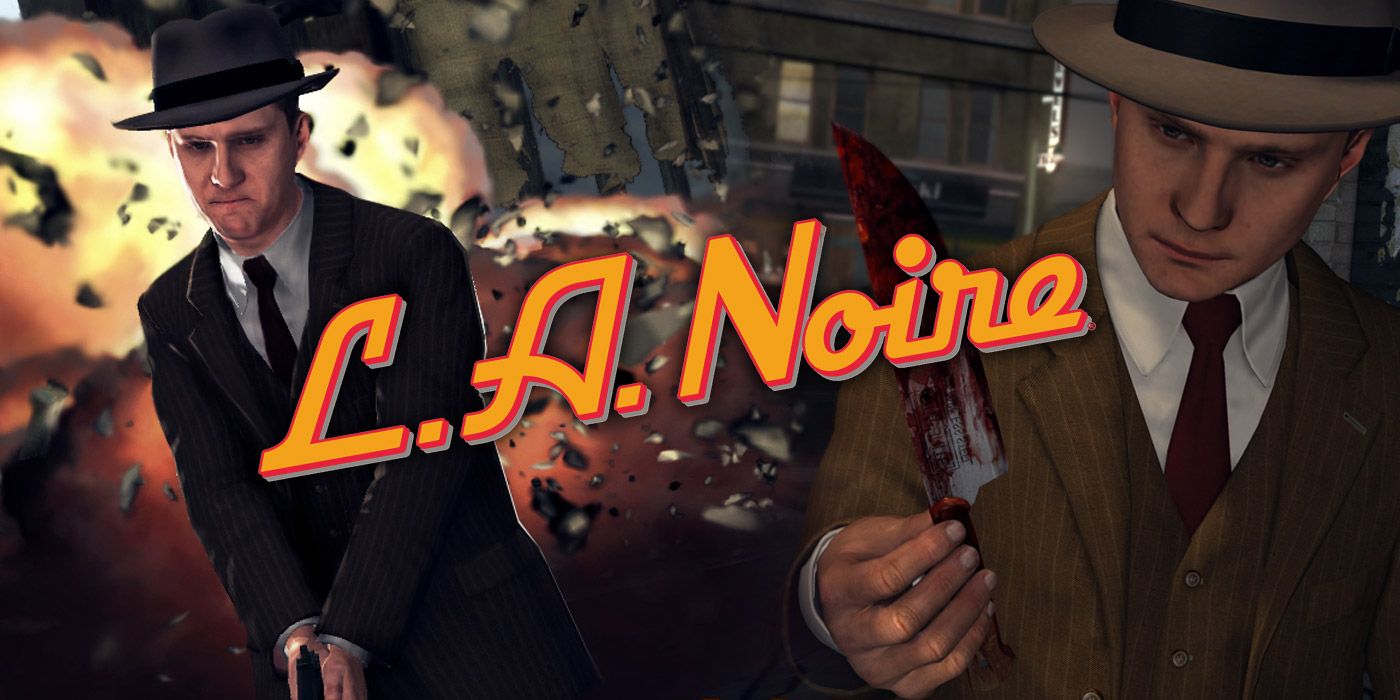
Accurately creating the setting of Los Angeles for L.A. Noire was a special task for the development team, who had to reference century-old city layouts and trove through documents to accurately show what Los Angeles would have been like for the time period.
RELATED: 5 Soulslike Indie Games That Scratch That Dark Souls Itch
Interestingly enough, the game also takes the titles of several of the cases from real-life criminal cases. One of the most notable and most recognizable is the Black Dahlia Murder, which the player gets a chance to crack in-game.
7 That Dragon Cancer
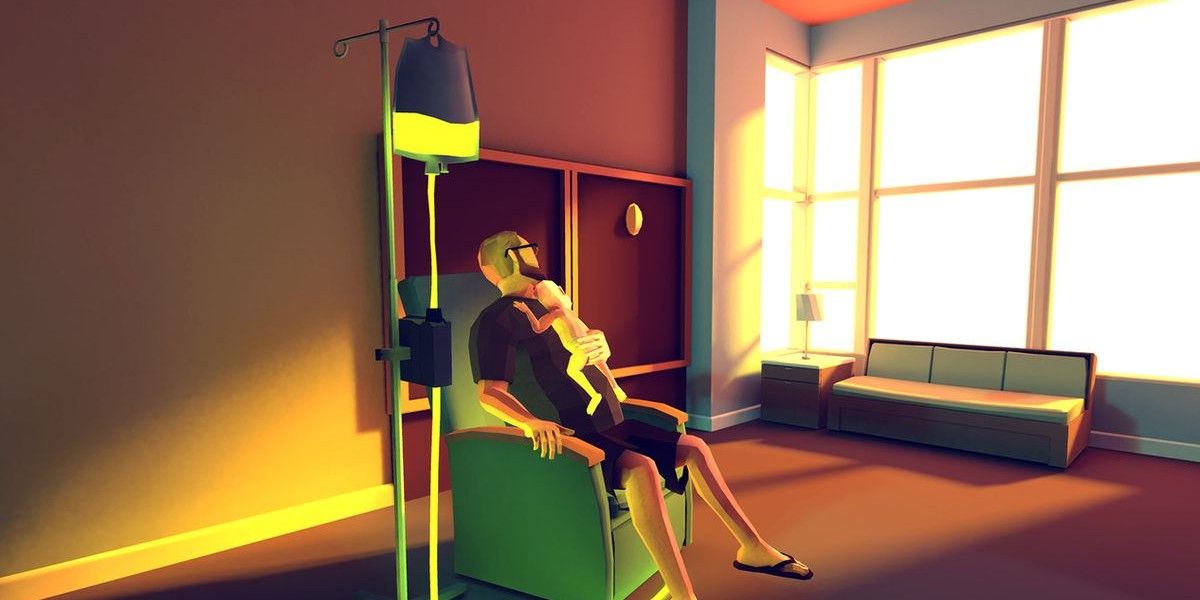
That Dragon Cancer is a game not based on a well-known historical event, but rather on the intimately personal experience of two parents losing their child. It's a real-life event that would shake anybody to the core, and Ryan Green and Amy Green, the designer, and writer for the game, used the setting of video games to tell their personal heartbreaking story.
It's one of those games that one only needs to play once but play through it all the way. It's well-designed, the style is eye-catching, and the subject matter is enough to make any person empathize and understand that pain.
6 Civilization Series
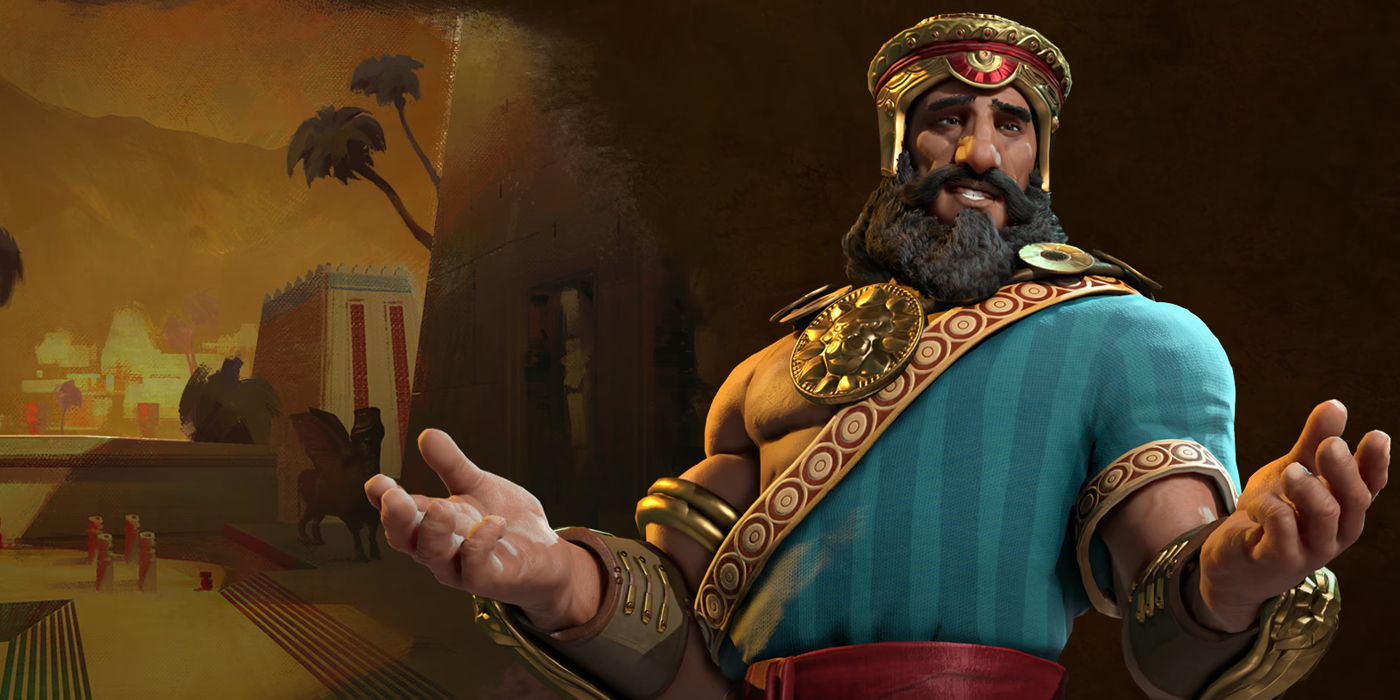
The Civilization series cannot be accurately called a history simulator as many like to claim. You can't properly re-enact important historical events or see what it was like at the fall of the Roman Empire, no. Instead, each nation is represented as deeply realistically as possible, when it comes to pronunciations, language, clothing, attitude, and even bonuses.
What the Civilization games lack in being able to take part in history, it makes up for by putting 100% of its effort into making each culture as realistic to its real-life counterpart as possible.
5 Sherlock Holmes versus Jack the Ripper
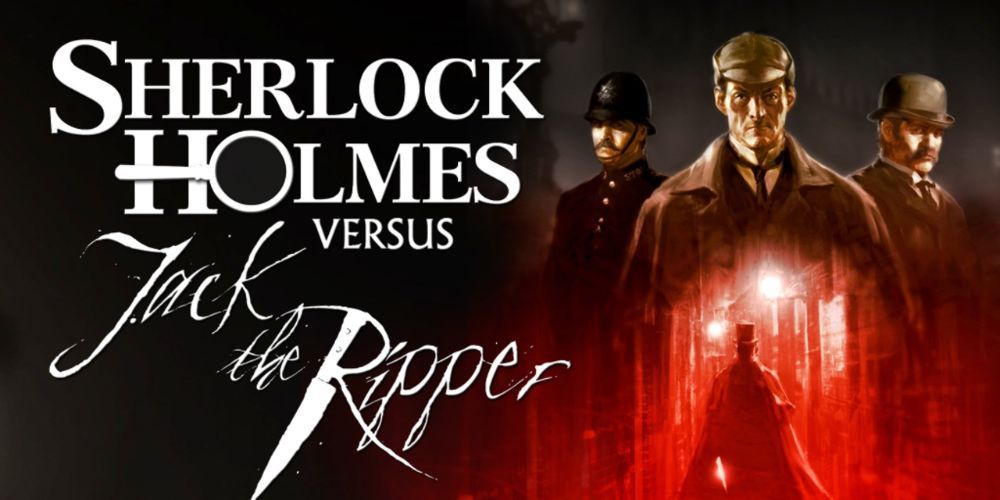
Sherlock Holmes versus Jack the Ripper is a 2009 game that follows Sir Arthur Conan Doyle's famous detective as he tracks down the equally infamous London serial killer. It's a point-and-click style game with lots of mystery to unravel, though critics called the game insensitive upon release.
To this day, nobody knows who Jack the Ripper actually was, and it seems that as time goes on his mythical self becomes more and more detached from the real version of events. Nonetheless, it's a good game for Sherlock Holmes enthusiasts.
4 Spec Ops: The Line
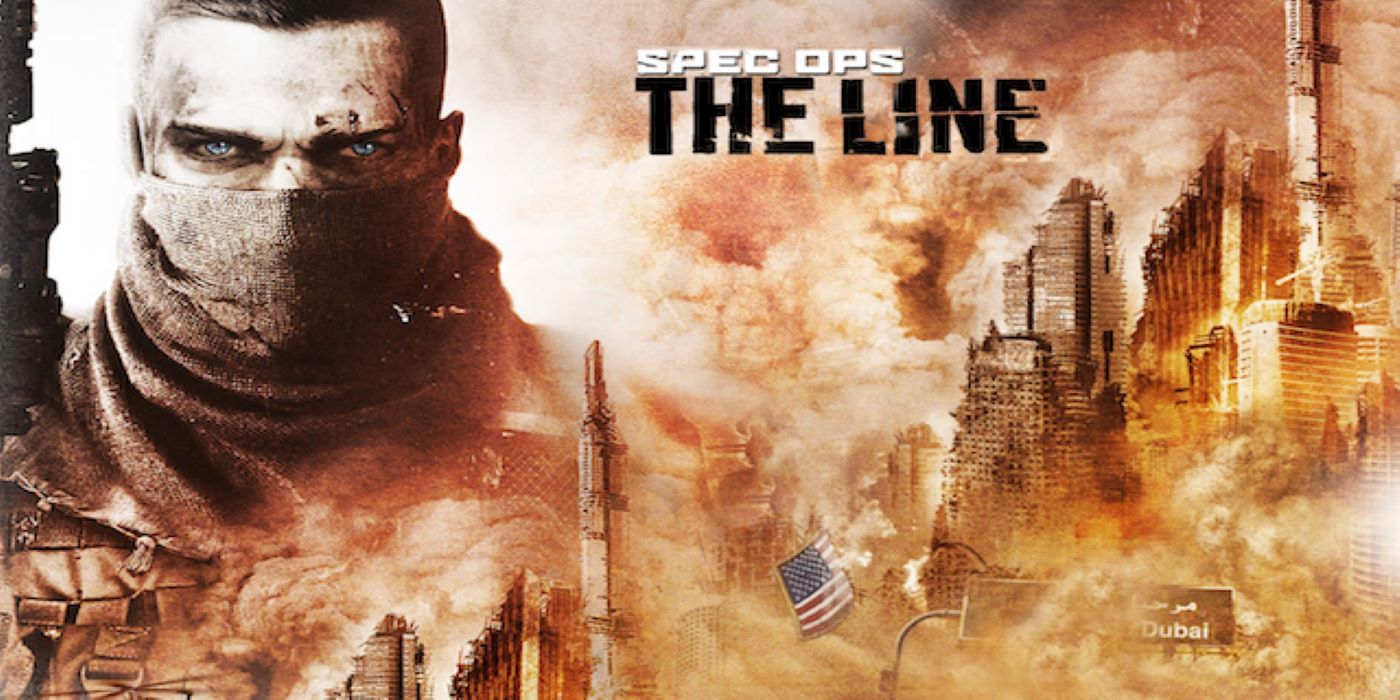
While Spec Ops: The Line isn't based on a specific historical event, it is one of the most realistic depictions of war ever seen in a video game. The game used real-life interviews with soldiers and stories told from the front lines as inspiration for this gritty, ultra-real war game.
RELATED: 10 Scary Horror Games You Can Play On Roblox (For Free)
If you're looking for a mindless shooter to play, look somewhere else. Spec Ops: The Line is a strangely philosophical shooter that puts you in charge of impossible decisions between life and death.
3 Papers, Please
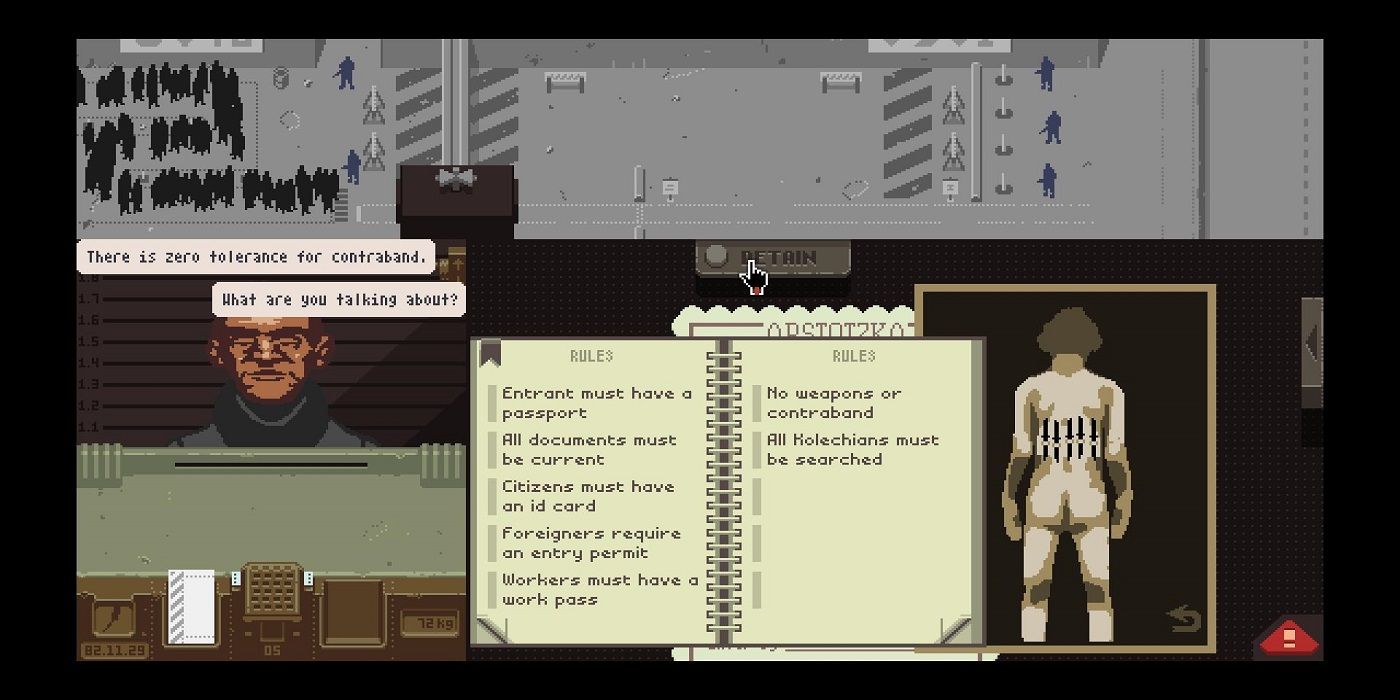
Papers, Please is an indie game based on the latter parts of the Cold War, and is set in an area inspired by the strict guards and tensions at the Berlin Wall. The game is a little bit tongue-in-cheek at points, but it gets some very important points across about historical tensions and the people who have to abide by them.
It's a simple game – look at passports and documents to determine if someone can get into the country – but after a few days, the workload and risk of the job rapidly increases, making the game much harder.
2 JFK Reloaded
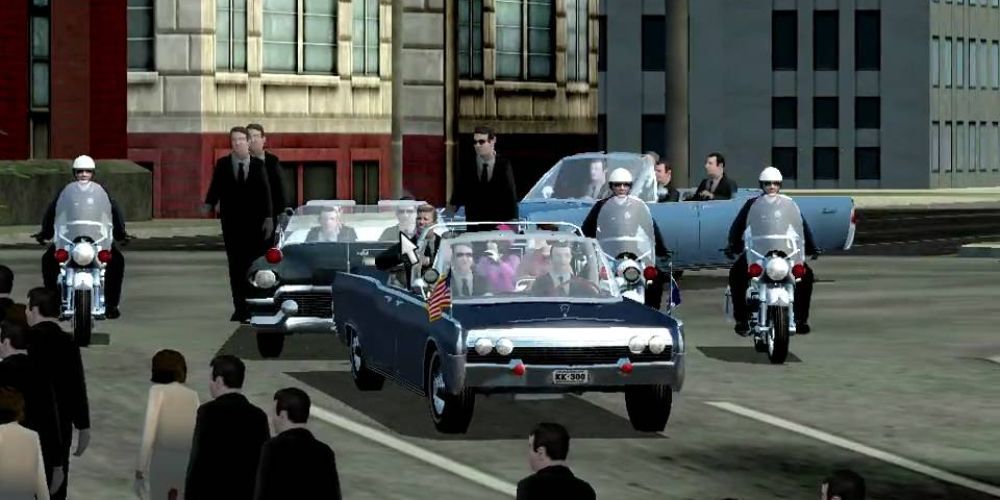
JFK Reloaded is considered by many to be a bit of an insensitive game that nonetheless is based on the real-life historical event of the assassination of President John F. Kennedy. In this game, the player takes control of Lee Harvey Oswald in the attempt to "debunk assassination conspiracy theories."
The game was released in 2004, and was taken off shelves by developer Traffic Management after they received a lot of backlash. Maybe it'll come back in another few decades, once the event is not still so fresh in the American discourse.
1 Silent Hill
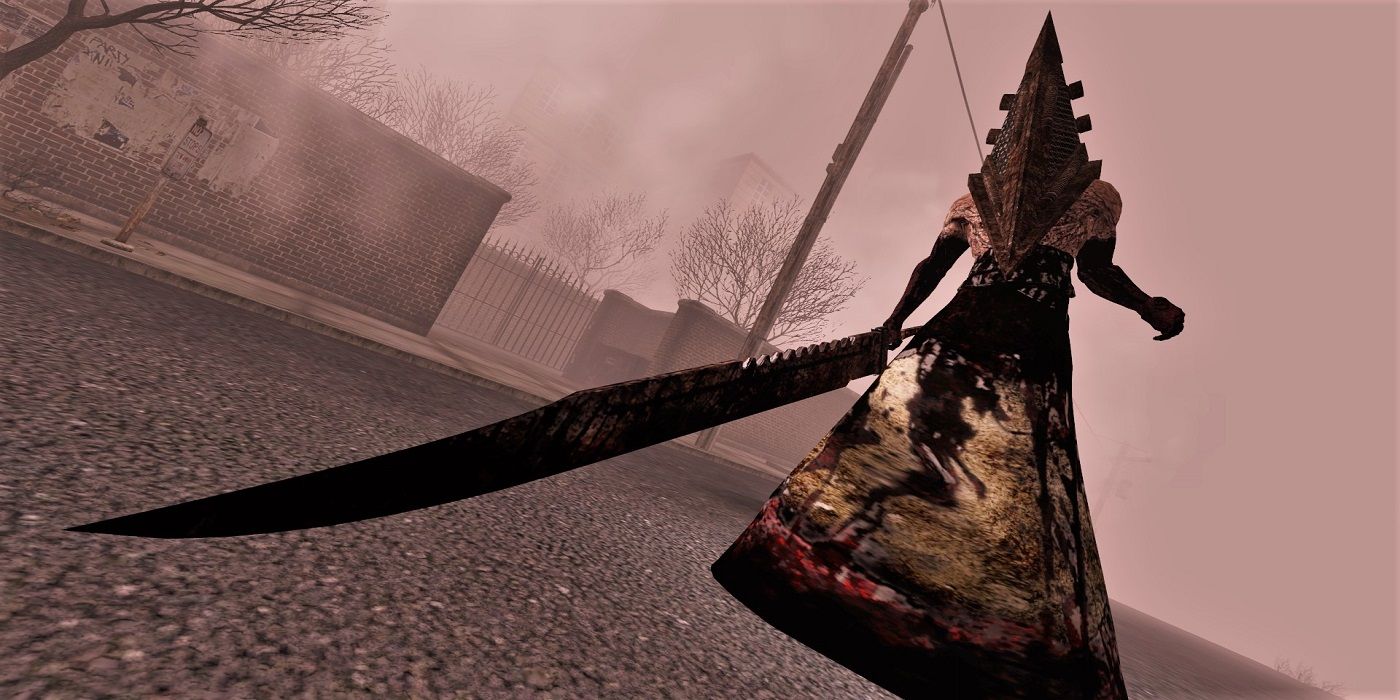
The events of the Silent Hill games are, of course, pure fantasy. However, the town that Silent Hill is based in is actually based on a real town, Centralia, that had to be evacuated due to a neverending burning coal mine.
While Silent Hill is based in West Virginia, Centralia is in Philadelphia. Similarly, though, Centralia had to be blocked from outside, and only residents who were adamant enough to resist evacuation have stayed there till this day.

